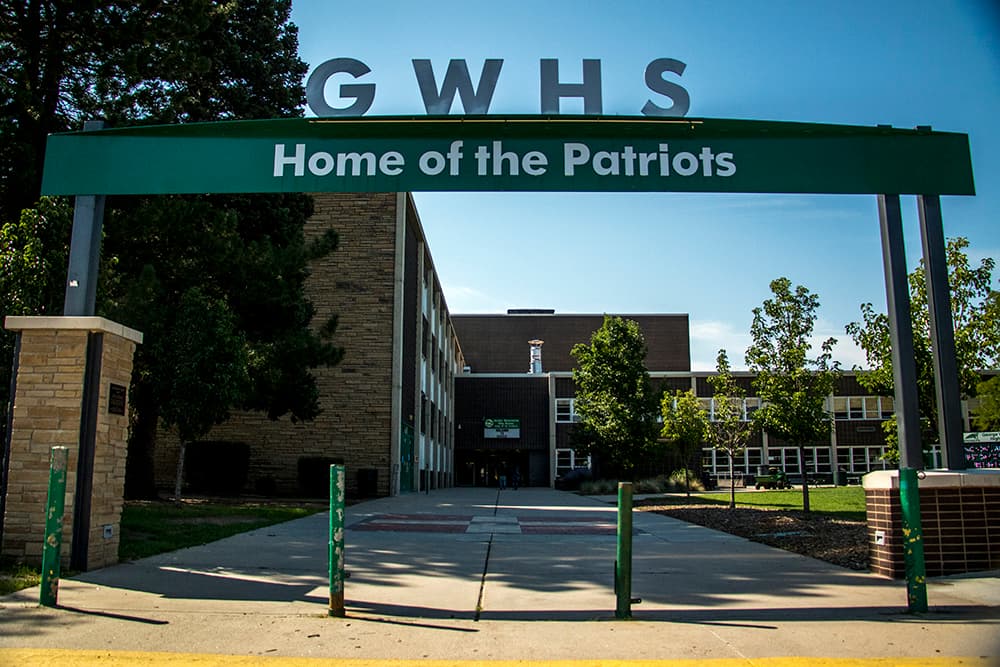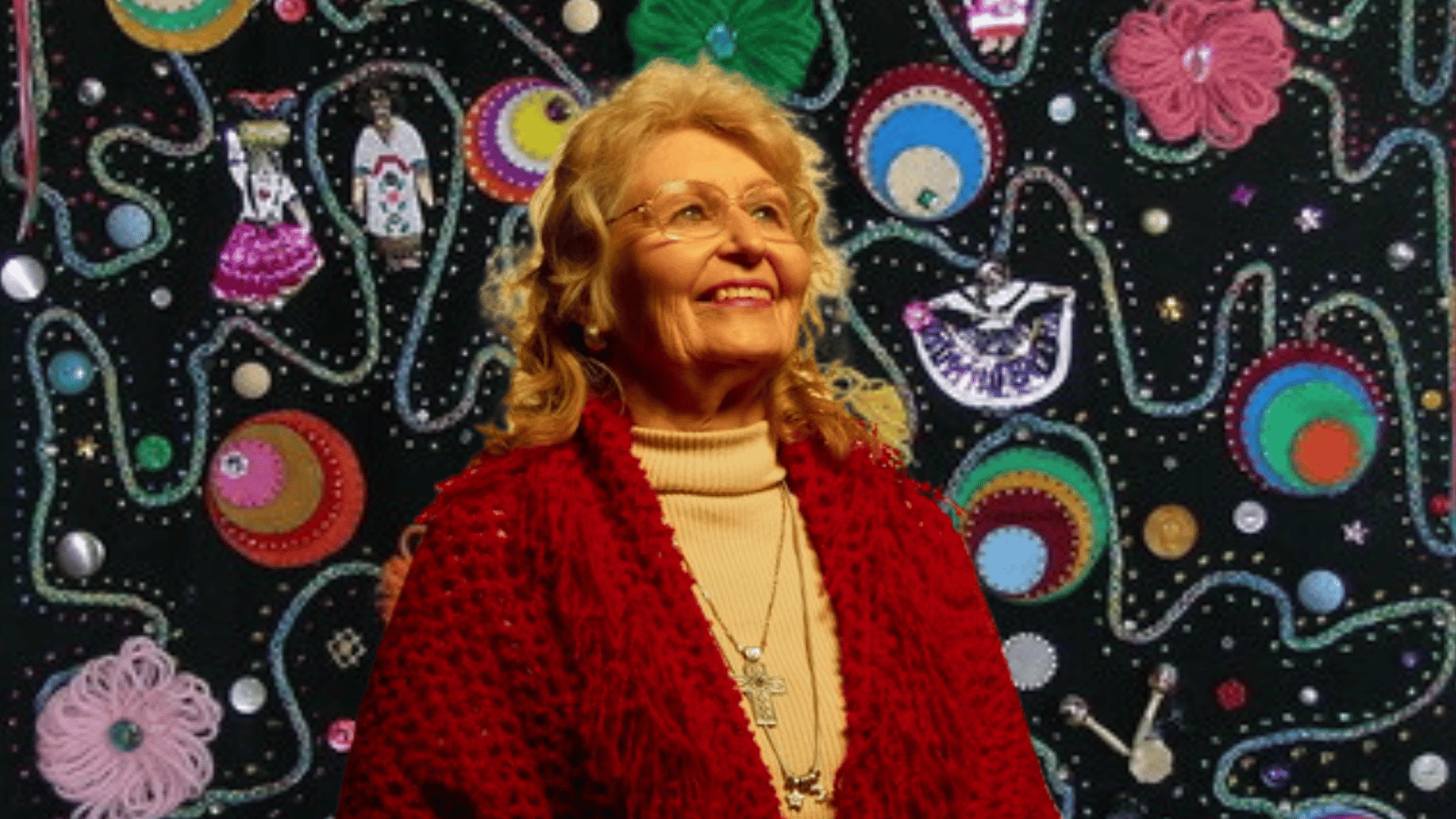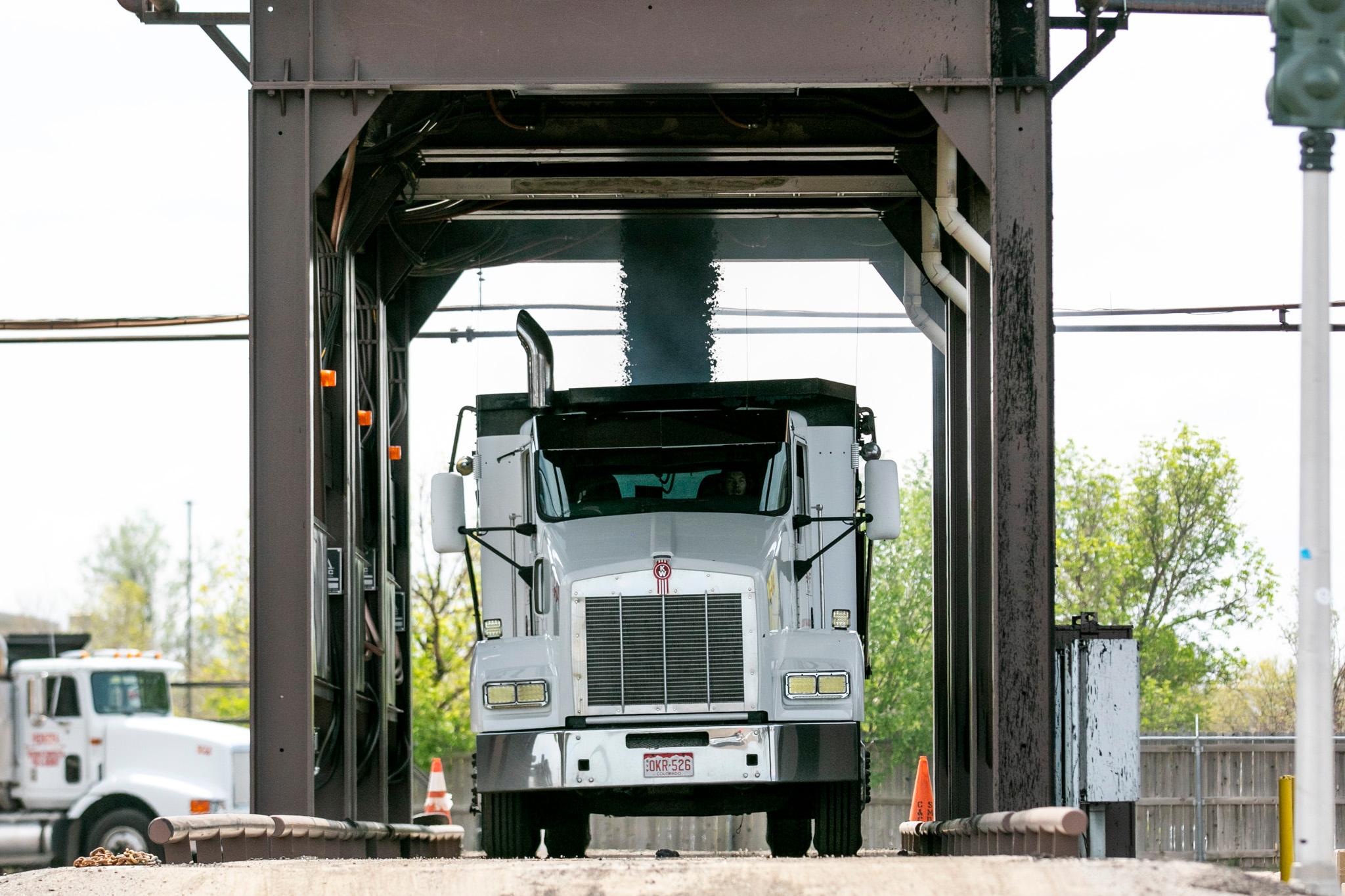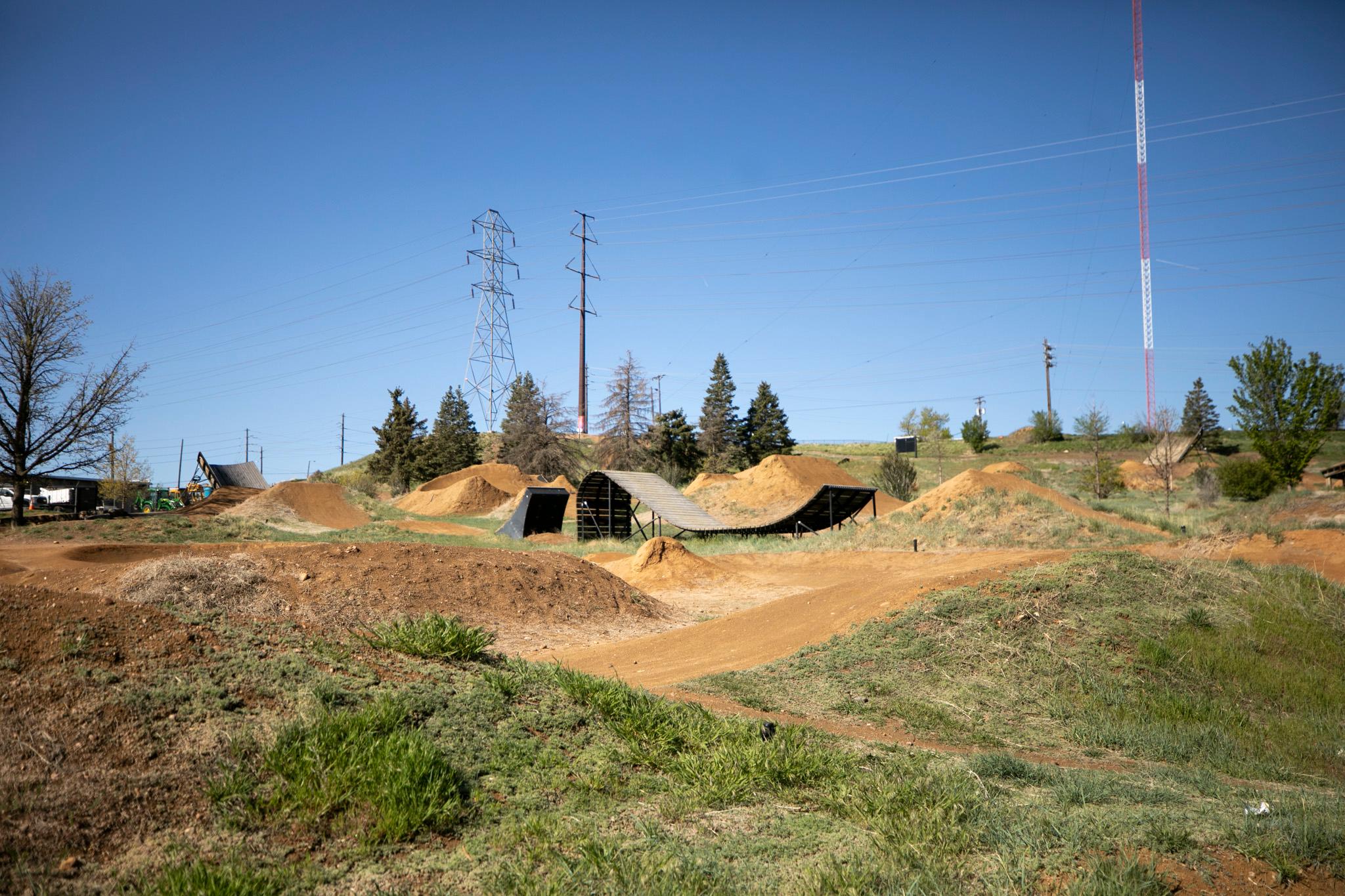
When Shahad Mohieldin learned that students, parents, and teachers at George Washington High School in Denver would have a say in who was named the next principal, the high school senior spent days recruiting representatives from all three groups to participate.
Mohieldin, a member of the school’s advisory board, said she and others worked hard to ensure the group vetting the principal candidates would be diverse. It was important to include students of color and white students, parents who speak English and those who don’t, and teachers of both International Baccalaureate and traditional classes, she said, especially since the high school has been working to heal years-long racial and academic divides.
The students particularly liked one candidate who they said seemed to understand the school’s struggles. He would have also been a leader of color at a school where 70 percent are students of color. Denver Public Schools Superintendent Tom Boasberg ultimately chose a different candidate, a more experienced principal with whom he’d worked closely before.
It was a whirlwind process that took just seven weeks from when the current principal announced his retirement. In the end, Mohieldin and other students said they were left feeling like their voices were ignored.
“We were often told that, ‘Hey, your voice really matters in this. Please, we want your input,’” Mohieldin said. “It really hurts. Now we don’t trust the district as much, which is really sad.”
District leaders said the process was quick but thorough. Deputy Superintendent Susana Cordova said that while it was clear the students preferred one candidate, the input collected from parents, teachers, and community members was more mixed. The slate of three finalists was unusually strong, she said, and it was not an easy decision.
Kristin Waters, the candidate who was hired, is a former district administrator with years of experience leading a comprehensive Denver high school similar in size to George Washington. The students’ top choice was an assistant principal at East High School named Jason Maclin.
Cordova said she wants to assure students that although district leaders didn’t choose students’ favored candidate, they did consider their opinions.
“It is important to use your voice,” Cordova said. “Sometimes your voice isn’t the only piece of information we look at, but in no way does that mean to stop speaking out.”
Not listening to community feedback is a perennial criticism of Denver Public Schools, and one district leaders are continually trying to address. Recently, several major decisions have been based on recommendations from committees of parents and community members. While the process hasn’t always gone smoothly, the district has followed the community’s advice.
In the case of the George Washington principal selection, the process worked like this: Current principal Scott Lessard announced in mid-December that he’d be retiring at the end of the school year. Lessard has helmed the school for two years, and students and teachers credit him with fostering a sense of unity and a culture of openness to new ideas.
But he said the daily challenges of being a school principal led to his decision.
“I was going to retire at some point,” he said. “It may not have been at the end of this year, but it was going to be soon. The school in such a good place, I thought it was a unique opportunity now to find somebody who would be a good principal.”
The district has a pool of pre-screened principal candidates who are invited to apply for openings as they come up, Cordova said. With every vacancy, the district convenes a committee of parents, teachers, and community members to interview the candidates. In the case of high school principal jobs, the district also asks students to participate.
For George Washington, the district assembled the committee and three separate focus groups, which Mohieldin helped organize: one of parents, one of teachers, and one of students. The groups and the committee interviewed five candidates selected by the district, and based partly on their feedback, district leaders whittled the field to three finalists, Cordova said.
The three finalists then participated in a community forum. Forum attendees were asked to submit written comments on candidates’ strengths and weaknesses, and Cordova said she personally read every single one. She said district leaders also read emails students sent afterward urging the district to pick Maclin. Students said they never received responses to those emails – one reason they felt unheard.
A week after the forum, on Feb. 6, the district announced its decision to hire Waters.
Cordova said she has every confidence that Waters will be “an amazing school leader.” Waters has been principal of three Denver schools: Morey Middle School; Bruce Randolph School, which serves grades six through 12; and South High School, whose demographics are similar to George Washington. More than 300 of the 1,239 students at George Washington are black and more than 400 are Hispanic.
“She has a strong track record working in similar communities,” Cordova said.
Students had some concerns about Waters’ approachability and her seemingly close ties with district leadership; Boasberg was listed as the first reference on her resumé. They said they liked Maclin’s presence, and that he seemed knowledgeable about the school’s past struggles and had concrete ideas for its future. Maclin submitted a proposed plan for his first 100 days as principal that included conducting a listening tour of the school community.
But students said their main complaint is not the outcome but the way the process unfolded.
“The district goes through this whole act of putting on these focus groups and interviews at the school and it’s like, ‘What really came out of that?’” said sophomore Andrew Schwartz. “At this point, it seems like the answer to that question is very little. I think that’s upsetting.”
Schwartz was part of the student focus group that interviewed all five candidates. So was junior Henry Waldstreicher, who noted that students missed an entire day of school to participate.
Waldstreicher said he was also left feeling disillusioned. “Why should we even try to talk to the district if they’re not going to listen to what we’re going to say?” he said.
The perception that the selection process was top-down wasn’t just among the students. Some teachers and community members said they felt the same way.
“We were given the opportunity to give our feedback and then it went into a black box and a decision was made,” said Vincent Bowen, a community member who participates in a student mentoring program at George Washington and was on the selection committee.
Pam Shamburg, executive director of the Denver teachers union, shared those concerns, adding that what happened at George Washington has happened at other schools, too: Candidates, she said, “go through this process, this rigamarole, but the district already knows who they’re going to pick.”
Parent Elizabeth Sopher said she feels district leaders weren’t as transparent as they could have been about what they wanted in a new principal, which she suspects contributed to the disconnect between the students’ top pick and the district’s ultimate decision.
“When you say to a group, ‘You tell us what the most important thing about this new principal is to you,’” she said, but then don’t make a decision based on that, “that’s a mistake.”
For her part, Waters said she’s excited to step into her new role at George Washington. She’s slated to start March 1 and finish out the school year alongside Lessard, a transition plan Cordova said was important to the district and the school community.
Waters said she wants to build a strong relationship with students. To that end, she has already met with a group of them to talk about their concerns.
“Once I get on board, they will see me out and about and hopefully feel comfortable coming up to me and letting me know what they’re thinking,” Waters said. “I want their input.”
Junior Cora Galpern said rebuilding that trust will be crucial. In the future, Galpern said the district should give students and others more of a say in principal selection by seeking a consensus on a candidate rather than simply soliciting feedback.
“Because at the end of the day,” she said, “our next principal has a huge effect on our day-to-day lives.”
Chalkbeat is a nonprofit news site covering educational change in public schools.












